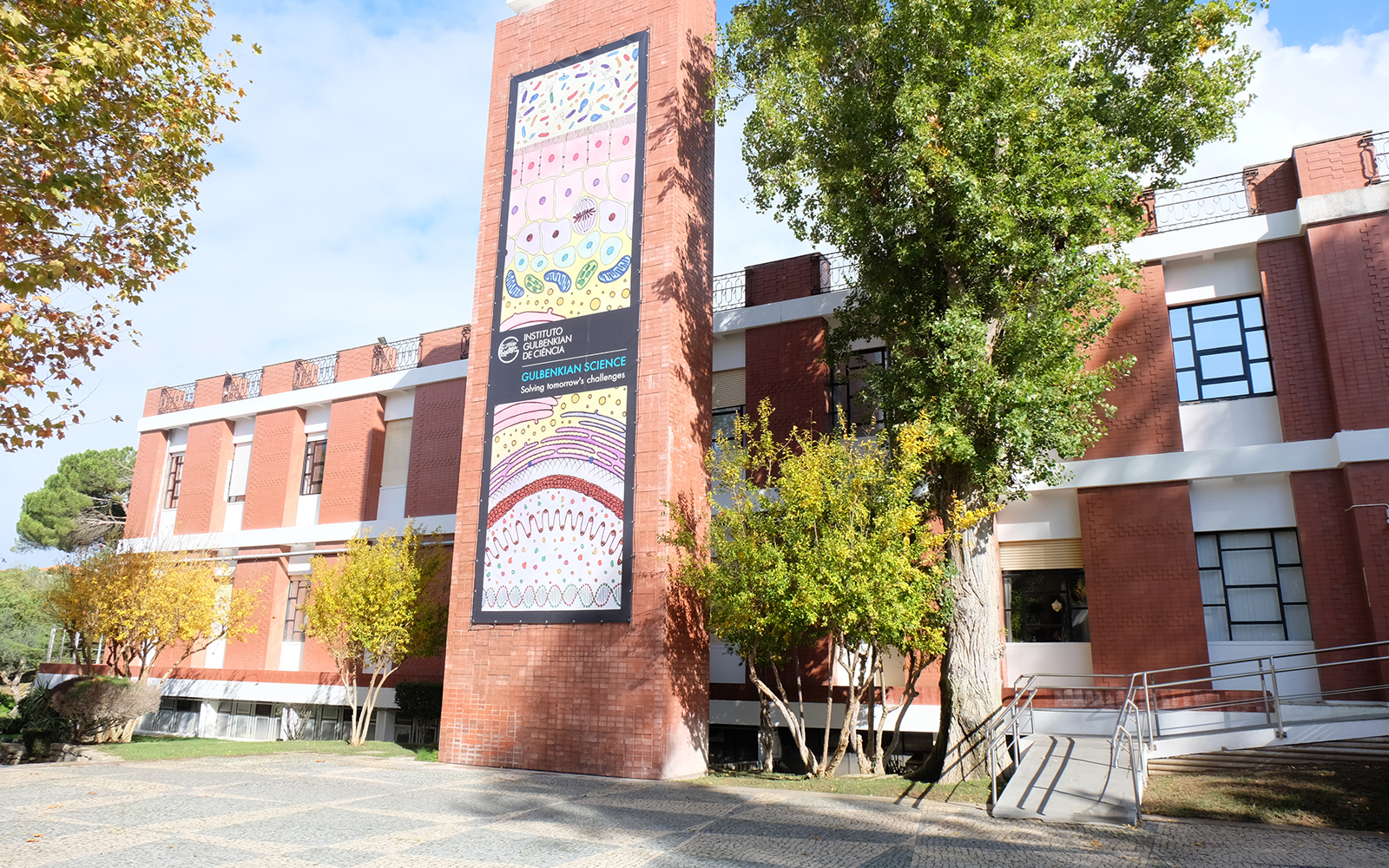Salmonella diarrhea: From disease mechanism to subversion by antibiotic resistance plasmids
Event Slider
Date
- / Cancelled / Sold out
Location
Virtual RoomSeveral seminars are held weekly at the Instituto Gulbenkian de Ciência, an initiative that aims to bring together all researchers around the topics under discussion.
The sessions, with internal researchers or guests, contribute to stimulate the open and extremely collaborative culture of the IGC.
You can read the abstract of this seminar to learn more about it.
Enteropathogenic bacteria are causing numerous diarrheal infections and they provide excellent models for basic research in immunology, microbiology and evolution. I will report on our work on Salmonella diarrhea using mouse colonization and disease models. The lecture will review recent advances in our understanding of the pathogen's growth physiology in the mammalian gut, its interactions with the microbiota and how it elicits the host's immune defenses. Then, I will present our current work on the spread of antibiotic resistance plasmids and how these selfish genetic elements are subverting the pathogen and the host for spreading efficiently in microbial communities. Deciphering the underlying mechanisms may help to devise strategies for fighting the antibiotic resistance crisis.

